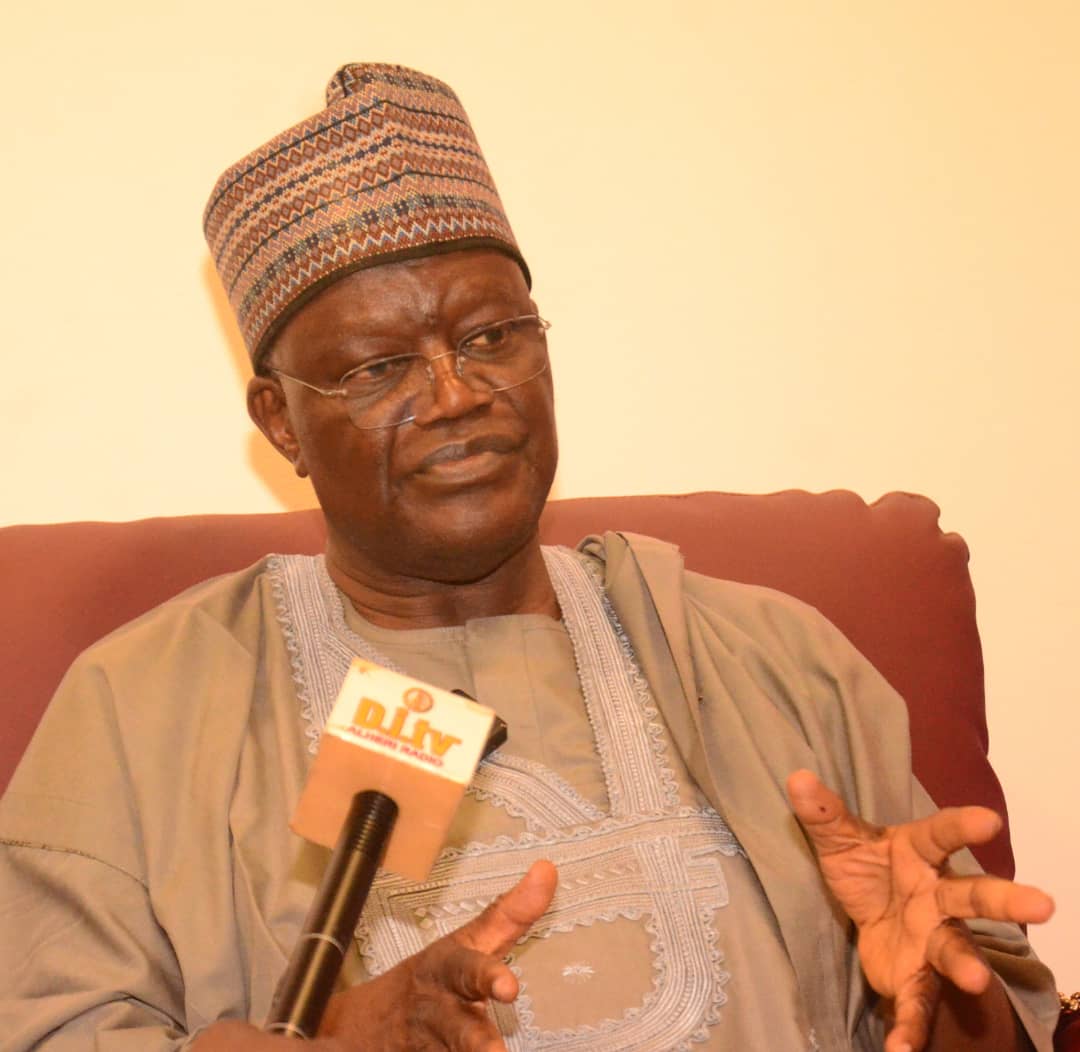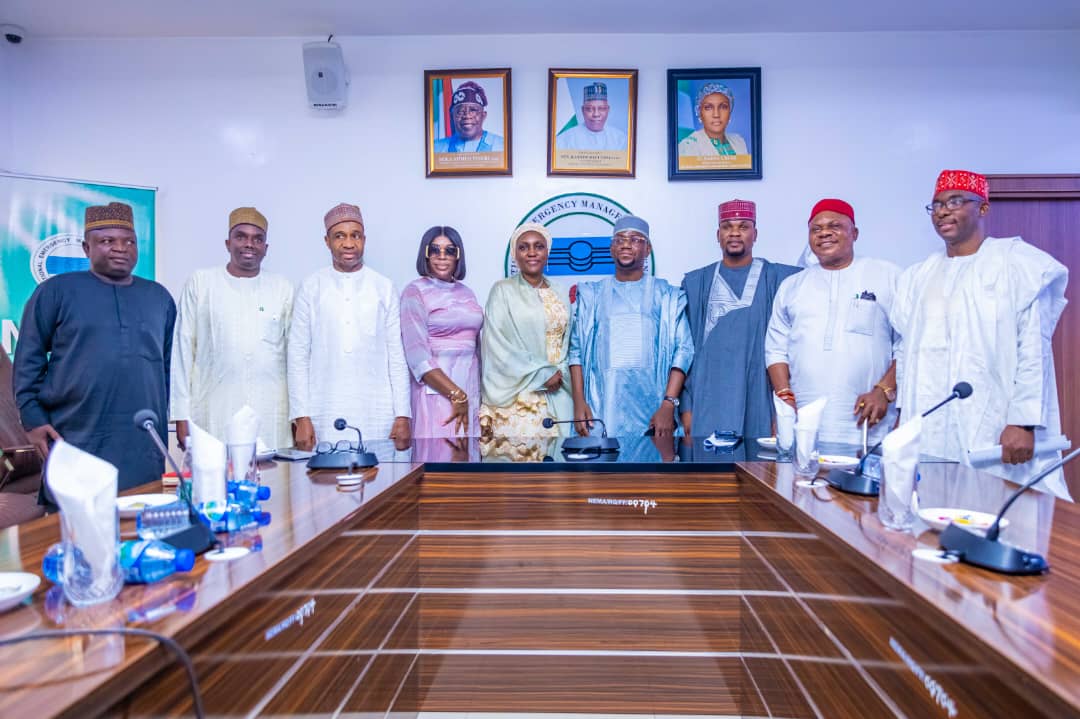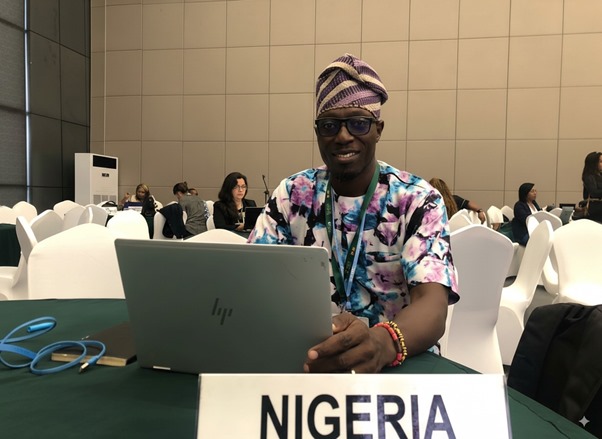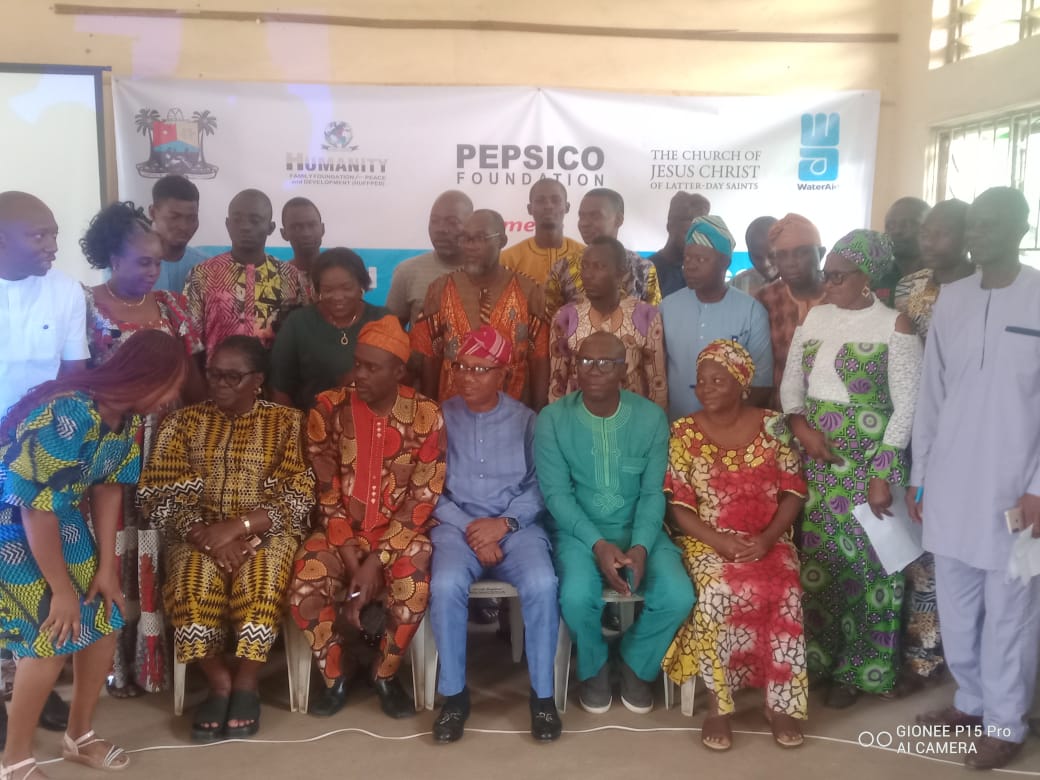Nigeria President Rallies Global Leader’s on urgent Climate Action Imperative

President Bola Ahmed Tinubu has urged the global leaders to rise above geopolitical divisions and act decisively to confront the escalating climate crisis.
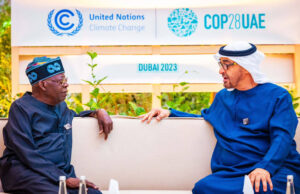
Tinubu made this on Wednesday during a high-level virtual dialogue on climate action and a just transition, co-hosted by United Nations Secretary-General António Guterres and Brazilian President Luiz Inácio Lula da Silva.
Speaking from Abuja, President Tinubu emphasized the need for unity, courage, and long-term commitment to combat the climate emergency, describing climate action as a strategic imperative—not a development burden.
“The global climate emergency demands our collective, courageous, and sustained leadership,” Tinubu declared. “For Nigeria, the urgency of this moment is clear: we view climate action not as a cost to development, but as a strategic imperative.”
The meeting brought together leaders from 17 nations and key blocs, including China, the European Union, the African Union, ASEAN, and the Alliance of Small Island States. Their shared message: climate action must accelerate—with no delays.
Nigeria’s Roadmap to Net-Zero
Tinubu outlined Nigeria’s Energy Transition Plan (ETP) as a bold, actionable blueprint to reach net-zero emissions by 2060. Targeting five critical sectors—power, cooking, transport, oil and gas, and industry—the plan identifies a $410 billion investment need.
“We are aligning our regulatory environment, fiscal incentives, and institutions to ensure that energy access, decarbonisation, and economic competitiveness advance together,” Tinubu said. “Nigeria is also assuming leadership on energy access across Africa.”
As an anchor country in the Mission 300 initiative with the World Bank and African Development Bank, Nigeria aims to expand electricity to 300 million Africans by 2030.
He cited the Dar es Salaam Declaration and Nigeria’s National Energy Compact as evidence of the country’s concrete reform commitments. The Compact outlines investment opportunities and measurable targets to expand access to clean energy and cooking solutions—one of the first of its kind in Africa.
Carbon Market and Climate Finance Reforms
Tinubu also announced the finalisation of Nigeria’s Carbon Market Activation Policy, expected to unlock up to $2.5 billion in high-integrity carbon credits and climate investments by 2030.
“Our strategy goes beyond regulation; it’s grounded in market reform,” he said. “We are positioning Nigeria as a premier destination for climate-smart investment through the development of a Global Climate Change Investment Fund.”
This new fund will blend public and private capital to support green industrial hubs, e-mobility, regenerative agriculture, and mini-grids for underserved communities.
Sir Emeka Offor Foundation Aligns with FG, Donates $5 Million to Save Mothers, Newborns
Additionally, Nigeria is updating its Nationally Determined Contributions (NDCs) under the UN Framework Convention on Climate Change, with a revised strategy due by September 2025.
Call for Multilateral Solidarity
President Tinubu expressed gratitude to international partners like the UN and Sustainable Energy for All (SEforALL), crediting them for technical guidance and support in shaping Nigeria’s climate strategy.
“These partnerships are a testament to the power of multilateral collaboration,” he said. “We are ready to collaborate, to lead, and to deliver—because the time for climate action is not tomorrow; it is now.”

